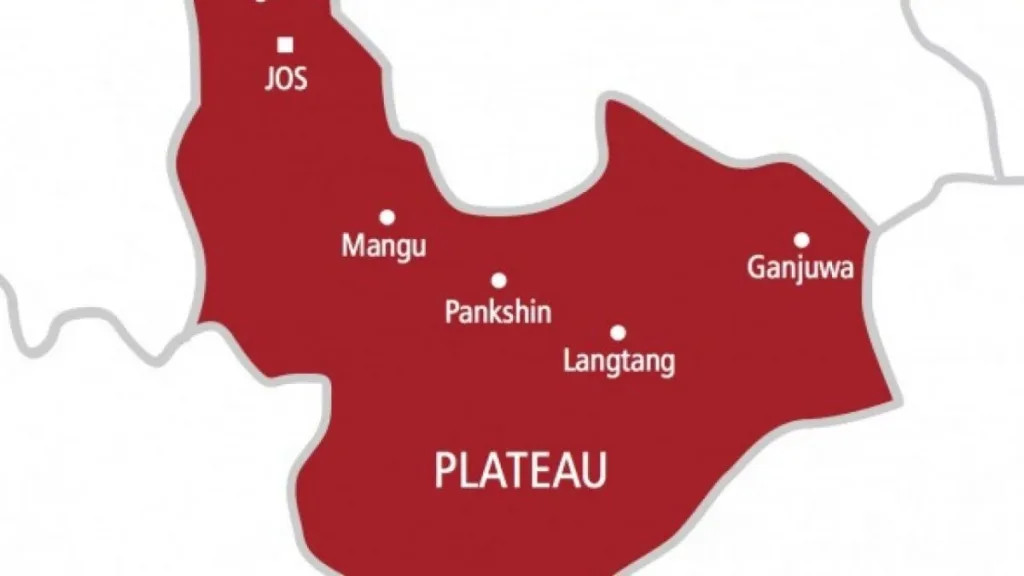A wave of deadly violence in Nigeria’s Plateau State has drawn urgent calls for intervention from local authorities, following a surge in attacks blamed on suspected armed groups. Amalau Samuel Amalau, chairman of Bokkos Local Government Area, issued a plea on Wednesday for heightened security measures to halt what he described as a relentless campaign of killings targeting communities in the region.
The latest assault occurred on Sunday in the Mushere Chiefdom, where witnesses reported an estimated 500 armed attackers raided villages, killing a widow, burning homes, and destroying farmland and property. The attack marks a continuation of escalating violence in areas already reeling from months of bloodshed, which Amalau claimed has claimed hundreds of lives. He condemned the raids as “barbaric” and a deliberate threat to social harmony, warning that the destruction undermines the cultural and economic fabric of Bokkos.
“This is not just an attack on Mushere—it is an attack on the soul of Bokkos,” Amalau said in a statement. “We cannot continue to watch our people be slaughtered and their livelihoods destroyed in broad daylight. Enough is enough.”
Residents have faced repeated displacement amid the violence, with survivors expressing growing frustration over perceived inaction. The chairman urged Nigeria’s security forces, including the military, police, and civil defense units, to “act decisively” to dismantle armed groups operating in the area. He stressed the need for improved intelligence operations, rapid mobilization of security personnel, and sustained deployments to high-risk zones to prevent further loss of life.
Plateau State, a region long scarred by clashes between herders and farming communities over land and resources, has seen sporadic flare-ups of violence escalate in recent years. While the root causes of the conflicts are complex, involving competition over dwindling resources and historical tensions, local leaders like Amalau argue that coordinated, large-scale attacks now reflect a broader crisis of governance and security.
Authorities have yet to issue a formal statement on the latest incidents or outline specific plans to address the situation. Meanwhile, displaced families remain in temporary shelters, their futures uncertain as the cycle of violence persists.
